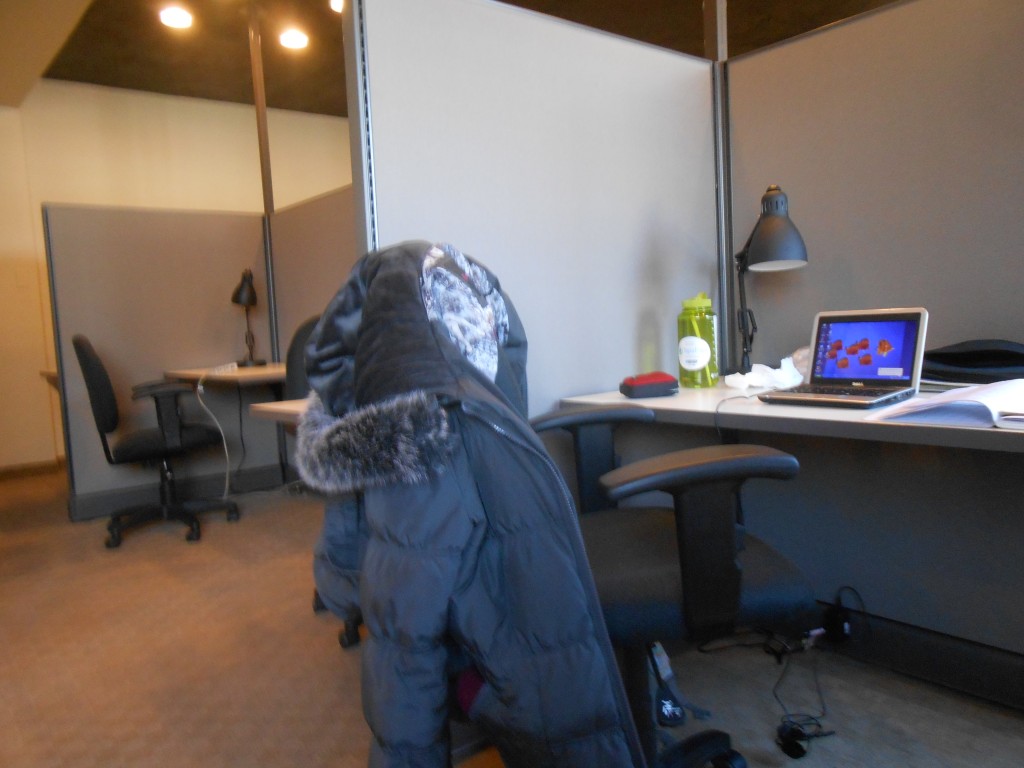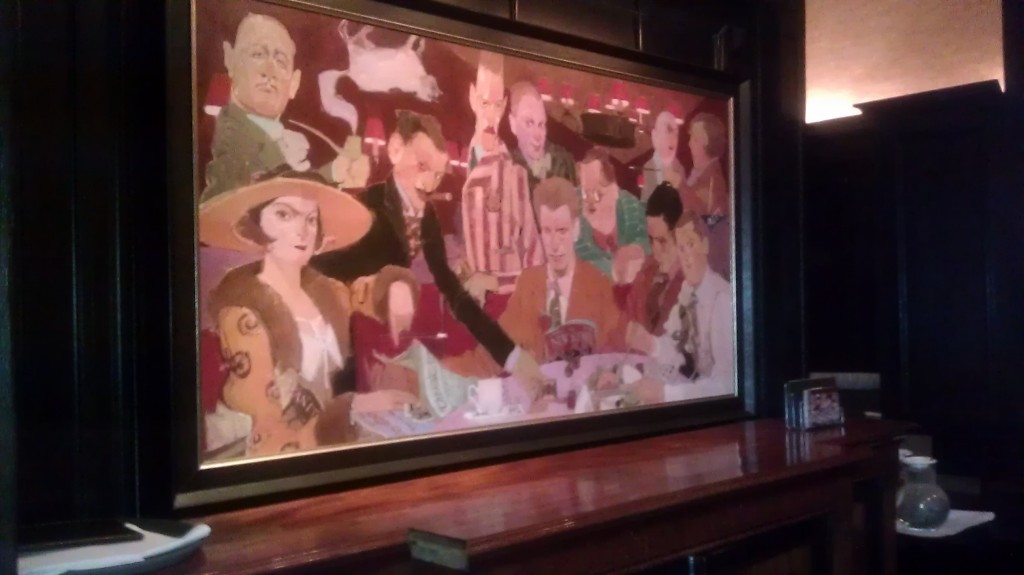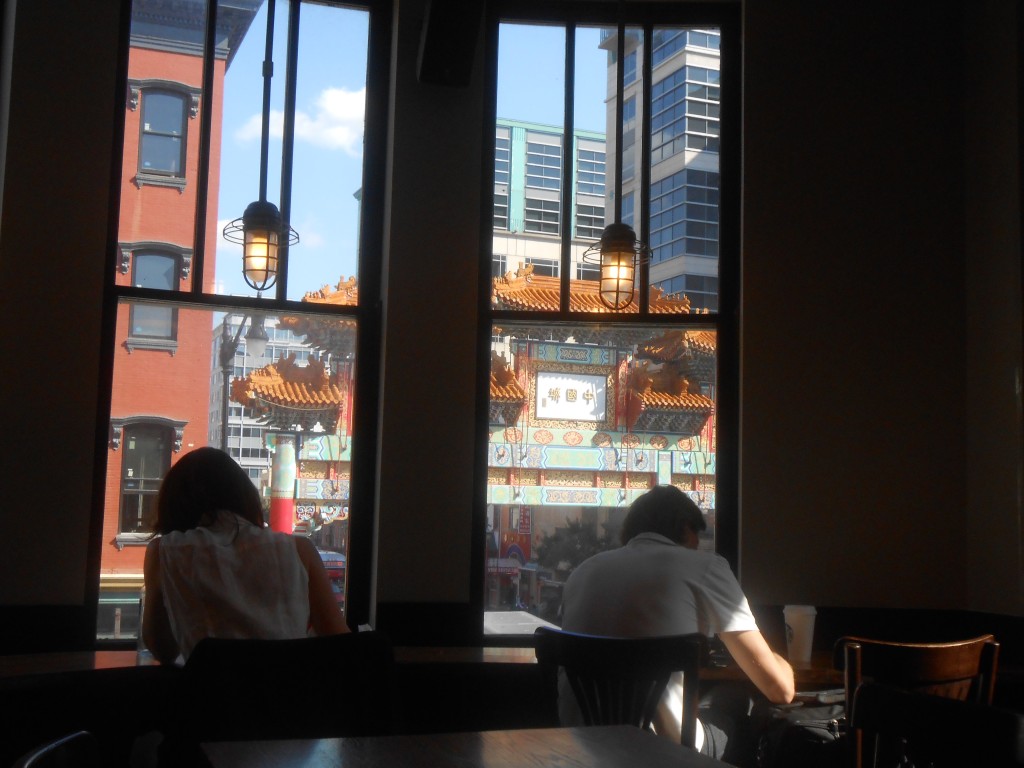Okay. So I broke down and bought a Nook. And trying to get it to work properly has just about broken me.
I like to read paper books. But, since the nature of book marketing is changing rapidly, I figured that it was time I tried to join the twenty-first century. Given the number of people now reading books this way, as a writer, it behooves me to learn about how humanity now browses and shops for books.
Except for the screen’s visual blip that makes me blink when I tap the Nook to change pages (I’m not sure that’s good for the eyes, long-term), I rather like the actual reading on the Nook. However, the technology involved in setting it up has been and still is DRIVING ME INSANE. I’m sufficiently frustrated and angry that, if I weren’t so stubborn, I would have returned the device or stuffed it down someone’s throat. Perhaps I’ll write more when I figure out to what degree the problem is the device and to what degree it is my problem with technology. Suffice it to say that, between purchase and exchange, I’ve had to go back to Barnes and Noble four times in one week, and in that time charged the batteries of three difference devices. The batteries in those devices do not work at all the way it is claimed. (Three or four hours to charge? Try ten–or overnight. And then, the batteries of at least two of them drained ten percent the next day, without use. Ten percent per day will not result in the ability to read for the claimed two months without recharging.) Furthermore, I couldn’t buy and/or download books by connecting it to my computer (I assume that’s because you’ve got to have wifi–and if you are me and don’t happen to have wifi at home, you are stuck.–that of course, is assuming the lack of wifi is the problem, and it’s not the device itself. One thing’s for sure, the instructions are not sufficient and the thing is NOT user-friendly, except for the reading itself).
The little I could tell about how one must shop or browse books on these devices, I actually rather hate. You can download samples, but you can’t flip through them the way you can with paper. You can’t look at a little of the beginning a little of the middle, a little of the end to see if it really interests you, only the first x-number of pages and, even if that’s a good number of pages, it is a marketing hook, not a browse.
I don’t like the intrusion of marketers doing my thinking for me; imposing their recommendations of “best sellers,” as if that’s what everyone wants to read. I don’t like having books I have no interest in pushed on me by an automated medium that’s decided because I like one book, surely I want these others; that decides for me what books should be grouped together as my potential choices. In addition to the annoying mediocrity of those choices (at least on my device thus far) there’s the limitation of it. One is deprived of the chance to discover that unexpected book you can happen across when browsing along a shelf.
I need to master the Nook. Or the Kindle. Or some other reader–in order to understand how people are starting to find their books. But I don’t have to like it.





